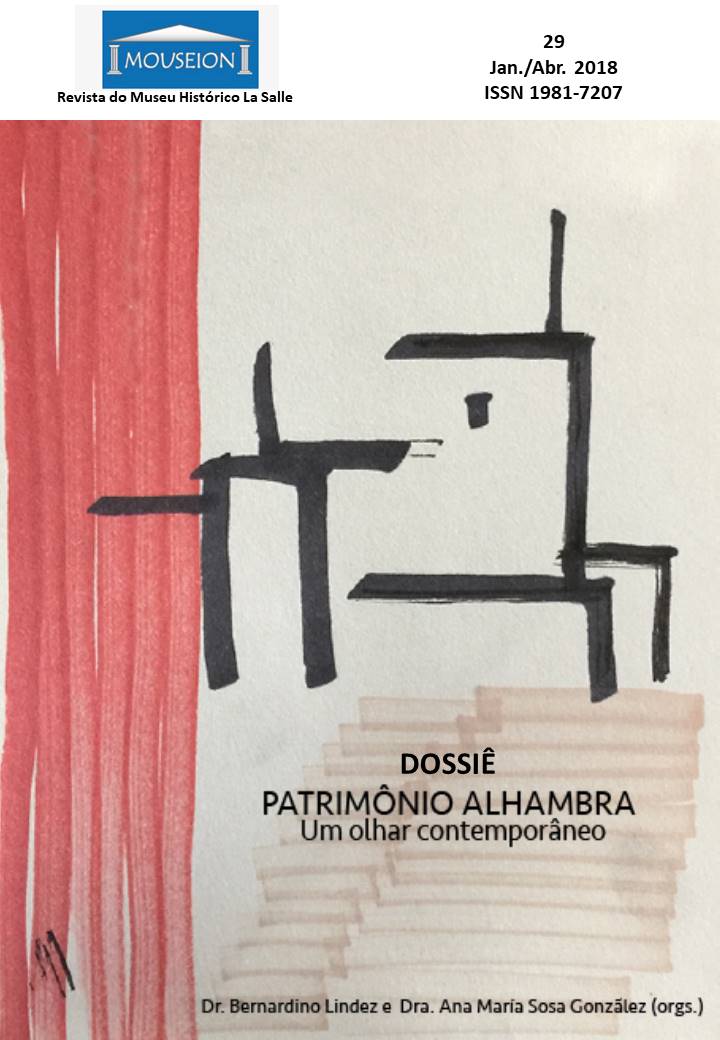Dance, music and poetry in Fandango’s wheel marks
DOI:
https://doi.org/10.18316/mouseion.v0i29.4339Keywords:
Fandango, Cultural heritage, Music, Dance, PoetryAbstract
The marks of the fandango are dances composed by diverse choreographies, known like fashions. The waltzing fandango is danced by pairs, which rotate around the room in a counterclockwise direction and the beaten fandango is danced only by men, and consists of a tap dance performed with the aid of clogs made of wood. We must think that by owning repentistas features and letters that have variations and peculiarities in each place where it is touched, the fandango is alive and floating, the still adds dance and the very poetic language of caboclo and caiçara, and contact lyrics and melodies of brands fandango is to realize women and men dancing, intense sensitivity of those who writes the history from their experiences, of its charms and disenchantment. In this way, we try to point out some fandango melodies, that bring the experience, and to check the best-known wheel marks of the fandango and verify how this cultural event has been changing and getting influences over time.Downloads
Published
2018-07-02
Issue
Section
Artigos / Ensaios
License
Authors must submit their manuscripts to be published in this journal agree with the following terms:
Authors maintain the copy rights and concede to the journal the right of first publication, with the paper simultaneously licensed under the License Creative Commons attribution that permits the sharing of the paper with recognition of authorship and initial publication in this journal.
Since the articles are presented in this journal of public access, they are of free use, with their own attributions for educational and non-commercial purposes.


